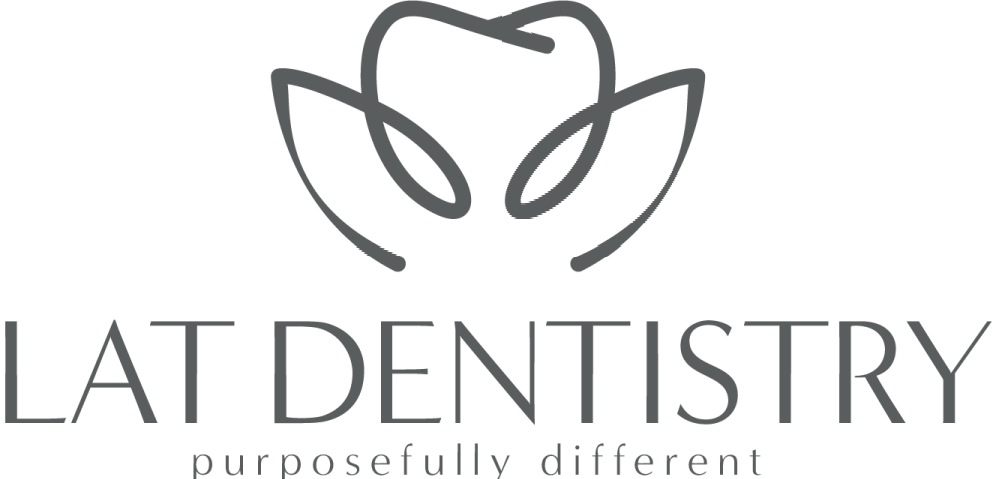Alpha-gal Syndrome and Dentistry
Alpha-gal syndrome is an increasingly common syndrome experienced by people bitten by the loan star tick.
Alpha-gal is an oligosaccharide found in mammalian tissues that can cause immediate and delayed allergic reactions in patients with a sensitivity. This is called Alpha-gal syndrome (AGS). It is spread by the lone star tick, and it is increasingly common in rural areas especially in the Southeastern US.
Reactions can be delayed after exposure and cause symptoms such as GI distress, hives and anaphylaxis. Reactions can also be immediate after parenteral exposure. Non-classical symptoms can include GI cramping or pain, itching, and oropharyngeal edema. Patients with non-B blood types are at a higher risk of experiencing worse symptoms as they higher amounts of anti-Gal immunoglobulins that undergo isotope switching to produce anti-Gal IgE.
The typical advice for patients diagnosed with AGS is to avoid any mammalian-derived meat (red meat), gelatin, dairy, and avoid future tick bites. However, many items contain mammalian derived ingredients that may, or may not, contain alpha-gal that could cause reactions. Ingredients can be hidden in foods, pharmaceuticals, medical products, personal care products.
This list includes:
Arachidonic acid
Arachidyl proprionate
Biotin
Carrageenan
Castoreum
Gelatin
Glycerin
Glycerol
Heparin
Lactic Acid
Lactose monohydrate
Lanolin
Latex
Magnesium stearate
Milk Proteins
Monoclonal antibodies (think medications ending in “-mab”)
Myristic Acid
Oleic Acid
Stearate
Stearic acid
Thrombin
Many of these ingredients can be sourced from both mammalian and non-mammalian ingredients. It is often difficult to determine which type may be included in a product as manufacturers may not know or they may be considered trade secrets.
Severe reactions can be headed off pre-operatively with any use or combination of antihistamines, glucocorticosteroids, and vasopressors if medications containing alpha-gal must be utilized. Common medications that pose a risk include heparins, gelatin capsules, vaccines, lidocaine patches, surgifoam / gelfoam, acetaminophen tablets, and diphenhydramine tablets. In dentistry, risky products include prophy paste for cleanings, topical numbing jellies, Recaldent (found in MI paste and similar remineralizing products), fluoride varnishes, gut and chromic gut suture, gelfoam / surgifoam, many mammalian derived bone graft and soft tissue graft products.
Safe dental products *should* include:
All local anesthesia
Nada brand prophy paste
Advance Brand Topical Gel, Dye-free
https://dailymed.nlm.nih.gov/dailymed/drugInfo.cfm?setid=c78b5f2b-4434-4f36-82e3-781409db4162
Clove oil: an alternative to topical numbing jelly and rinses designed to relieve oral pain
Non-gut or chromic gut suture such as Cytoplast PTFE suture
Allograft bone grafting products such as Miner-Oss cortical and cancellous chips
Filling bonding agents, resin filling materials, porcelains and ceramics, metals including titanium and gold
Cocofloss brand floss and toothpaste include vegetable glycerin and microcrystalline wax, so they should be safe
https://help.cocofloss.com/hc/en-us/articles/18427501255707-What-are-the-ingredients-in-Cocoshine
HemCon: an alternative to gelfoam/surgiforam used for hemostasis post extraction
FYGG brand HA varnish and toothpastes: verified by manufacturer to be vegan
Stella Life products have been confirmed to contain propolis derived form bees but glycerin that is sourced form vegetables.
Closys rinse has a clean list of ingredients from what is readily available from the manufacturer.
https://www.ncbi.nlm.nih.gov/pmc/articles/PMC10902671/
https://www.ncbi.nlm.nih.gov/pmc/articles/PMC8344025/
https://journals.plos.org/plosone/article?id=10.1371/journal.pone.0055566
https://pdfs.semanticscholar.org/107d/285708baca4e1c16da2940262abaddeac88b.pdf
https://alphagalinformation.org/
https://www.ncbi.nlm.nih.gov/pmc/articles/PMC8355062/
https://dailymed.nlm.nih.gov/dailymed/

